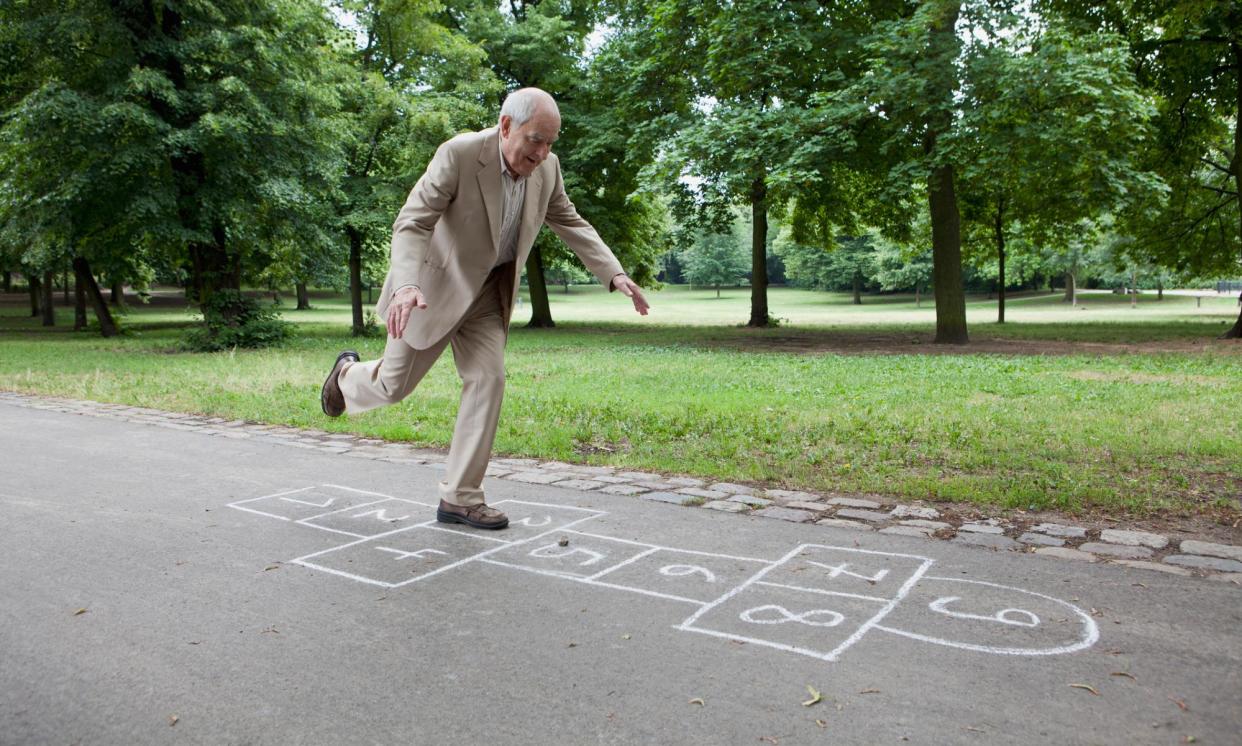Dementia is not a living death – I’m very much alive

The chief executive of the Alzheimer’s Society has sought to justify its new ad campaign, The Long Goodbye, by saying that it “tells the unvarnished truth about the devastation caused by dementia”. It isn’t a truth that I, as a person with Alzheimer’s disease, recognise. The ad shows a family mourning their mum, and saying that she died several times in advance of her actual death as she realised that she could no longer cook a family meal, or take part in social activities.
This idea of dementia being a “living death” reinforces the most negative stereotypes of my condition, and contravenes guidance for journalists drawn up by the society itself six years ago. I share a dementia diagnosis with the star of Die Hard, Bruce Willis. I prefer to try to Live Well, or as well as I am able. It dismays me that the country’s leading dementia charity seems to want to reinforce the stigma surrounding brain disease.
I recognise, of course, that having a diagnosis can be distressing for an individual – and that family members and carers can find life difficult, which is why we need to concentrate on the good news that many people living with dementia are actively involved in developing better services and support. The Meeting Centres network in Scotland is one such example. I call on the Alzheimer’s Society to admit that its ad was a mistake, and withdraw it.
Willy Gilder
Edinburgh
• Have an opinion on anything you’ve read in the Guardian today? Please email us your letter and it will be considered for publication in our letters section.


